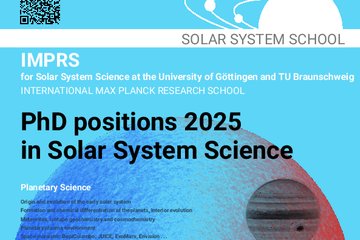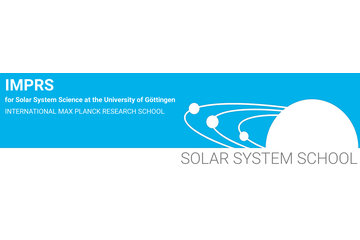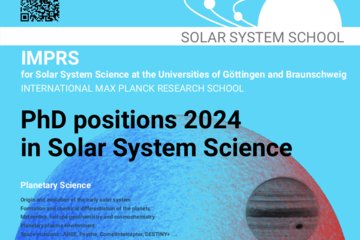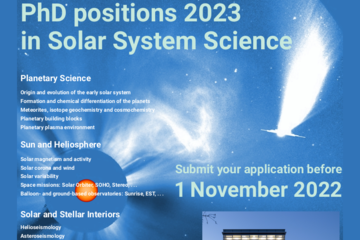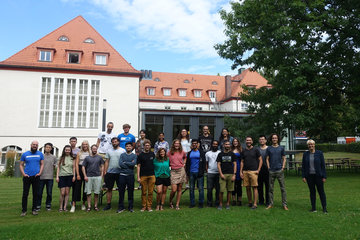All genres
141.
Journal Article
182Hf- 182W isotope systematics of chondrites, eucrites, and martian meteorites: Chronology of core formation and early mantle differentiation in Vesta and Mars. Geochimica et Cosmochimica Acta 68, pp. 2935 - 2946 (2004)
142.
Journal Article
The W isotope evolution of the bulk silicate Earth: constraints on the timing and mechanisms of core formation and accretion. Earth and Planetary Science Letters 228, pp. 109 - 123 (2004)
143.
Journal Article
Evolution of Planetary Cores and the Earth-Moon System from Nb/Ta Systematics. Science 301, pp. 84 - 88 (2003)
144.
Journal Article
Rapid accretion and early core formation on asteroids and the terrestrial planets from Hf-W chronometry. Nature 418, pp. 952 - 955 (2002)
145.
Book Chapter
Tungsten Isotopes and the Origin of Chondrules and Chondrites. In: Chondrules: Records of Protoplanetary Disk Processes, pp. 276 - 299 (Eds. Russell, S. S.; Connolly, H. C.,. J.; Krot, A. N.) (2018)
146.
Book Chapter
Origin and Evolution of the Moon: Tungsten Isotopic Constraints. In: Springer (2018)
147.
Book Chapter
Tungsten Isotopes. In: Springer International Publishing. Springer (2017)
148.
Book Chapter
Chronology of Planetesimal Differentiation. In: Planetesimals: Early Differentiation and Consequences for Planets, pp. 224 - 245 (Eds. Elkins-Tanton, L. T.; Weiss, B. P.) (2017)
149.
Book Chapter
Extinct Radionuclides and the Earliest Differentiation of the Earth and Moon. In: Timescale of Magmatic Processes, pp. 9 - 51 (2010)
150.
Book Chapter
Hafnium—Tungsten Chronometry of Planetary Accretion and Differentiation. In: Chemical Evolution across Space & Time. American Chemical Society (2008)
151.
Book Chapter
Meteorites and the Timing, Mechanisms, and Conditions of Terrestrial Planet Accretion and Early Differentiation. In: Meteorites and the Early Solar System II, p. 775 (Eds. Lauretta, D. S.; McSween, H. Y.) (2006)
152.
Proceedings
Modeling the formation of carbonaceous chondrite parent bodies. EAS2024, Padova, Italy, 2024. (2024), 1640 pp.
153.
Other
Mechanisms and timing of carbonaceous chondrite delivery to the Earth, (2024)

